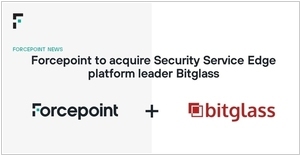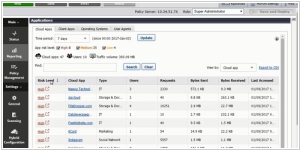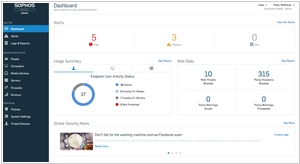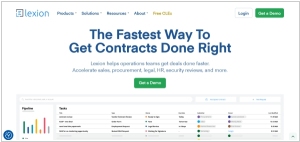Forcepoint vs Sophos
August 06, 2023 | Author: Michael Stromann
Forcepoint and Sophos are both prominent cybersecurity companies, but they offer different approaches and solutions to address various aspects of cybersecurity challenges. One key difference between the two lies in their primary focus. Forcepoint primarily specializes in advanced threat protection and data loss prevention, emphasizing on safeguarding sensitive data and preventing data leaks. Their solutions are designed to protect critical information within an organization by monitoring and controlling data flow across networks and endpoints. On the other hand, Sophos takes a more comprehensive approach by offering a wide range of cybersecurity products, including endpoint protection, firewall, encryption, email security, and network security. Sophos aims to provide a holistic and integrated security suite to protect businesses from various threats across different attack vectors.
Another significant distinction is in their deployment models. Forcepoint offers both cloud-based and on-premises solutions, allowing organizations to choose the deployment that best suits their needs and existing infrastructure. This flexibility is ideal for companies with specific regulatory or compliance requirements that may dictate where their security controls are hosted. In contrast, Sophos is well-known for its user-friendly and cloud-centric approach, with most of their solutions being cloud-managed and offering easy scalability. This can be advantageous for organizations looking for hassle-free, agile security management, especially in a fast-paced and dynamic IT environment.
Lastly, their threat intelligence and research capabilities vary. Forcepoint has a strong emphasis on human-centric cybersecurity and boasts the Forcepoint ThreatSeeker Intelligence Cloud, which gathers data from more than 155 countries to provide real-time threat intelligence. This approach focuses on understanding human behavior to identify potential risks and anomalies effectively. Meanwhile, Sophos has its SophosLabs, a renowned threat research team that analyzes threats globally and shares valuable insights with their customers. SophosLabs' expertise spans various threat vectors, offering comprehensive protection against evolving and sophisticated cyber threats.
See also: Top 10 XDR software
Another significant distinction is in their deployment models. Forcepoint offers both cloud-based and on-premises solutions, allowing organizations to choose the deployment that best suits their needs and existing infrastructure. This flexibility is ideal for companies with specific regulatory or compliance requirements that may dictate where their security controls are hosted. In contrast, Sophos is well-known for its user-friendly and cloud-centric approach, with most of their solutions being cloud-managed and offering easy scalability. This can be advantageous for organizations looking for hassle-free, agile security management, especially in a fast-paced and dynamic IT environment.
Lastly, their threat intelligence and research capabilities vary. Forcepoint has a strong emphasis on human-centric cybersecurity and boasts the Forcepoint ThreatSeeker Intelligence Cloud, which gathers data from more than 155 countries to provide real-time threat intelligence. This approach focuses on understanding human behavior to identify potential risks and anomalies effectively. Meanwhile, Sophos has its SophosLabs, a renowned threat research team that analyzes threats globally and shares valuable insights with their customers. SophosLabs' expertise spans various threat vectors, offering comprehensive protection against evolving and sophisticated cyber threats.
See also: Top 10 XDR software
Forcepoint vs Sophos in our news:
2021. Forcepoint to acquire cloud security startup Bitglass

Forcepoint is to acquire Bitglass, a cloud security startup. This acquisition is expected to boost the efforts of the platform security vendor in making advanced data security and threat protection technologies more accessible and user-friendly for organizations. Bitglass, founded in 2013, has developed the Security Service Edge platform, which combines various technologies to secure access to and usage of sensitive data and intellectual property in web and cloud traffic, as well as private data center applications. Forcepoint acknowledged the inclusion of Cloud Access Security Broker, Secure Web Gateway, Zero Trust Network Access, Cloud Security Posture Management products, and Data Loss Prevention capabilities in this platform. Before the acquisition, Bitglass was one of the few Cloud Access Security Broker vendors that had not been acquired yet, alongside Netskope. Notably, Bitglass and Netskope had engaged in legal battles over allegations of patent infringement and theft of confidential information during the past year.




